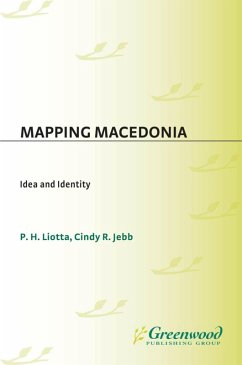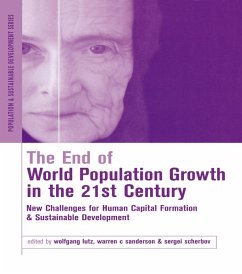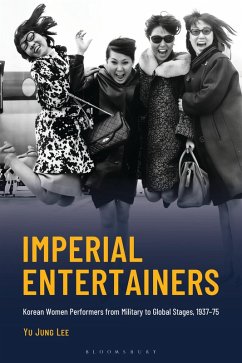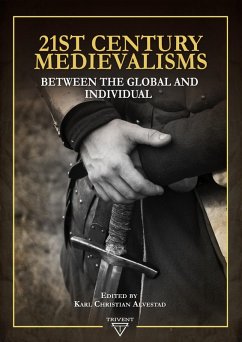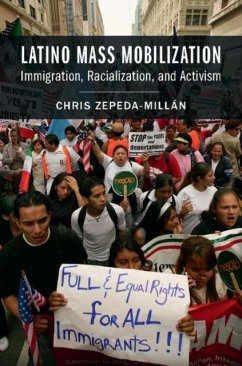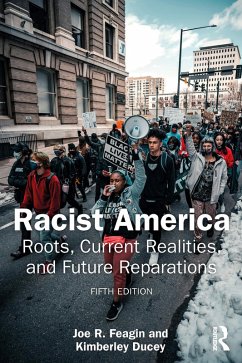
African Families at the Turn of the 21st Century (eBook, PDF)
Versandkostenfrei!
Sofort per Download lieferbar
46,95 €
inkl. MwSt.
Weitere Ausgaben:

PAYBACK Punkte
23 °P sammeln!
The institution of family has been central to the well-being of African societies over the years. African families have undergone significant transformation caused by the interplay of indigenous, Arabic/Islamic, and European/Christian cultures. The juxtaposition of these three cultures in the lives of African peoples captures the triple-heritage image of the continent. At the same time, modernization, urbanization, and migration have played and continue to play significant roles in the transformation of families across the continent. While it is true that the traditional family has changed in ...
The institution of family has been central to the well-being of African societies over the years. African families have undergone significant transformation caused by the interplay of indigenous, Arabic/Islamic, and European/Christian cultures. The juxtaposition of these three cultures in the lives of African peoples captures the triple-heritage image of the continent. At the same time, modernization, urbanization, and migration have played and continue to play significant roles in the transformation of families across the continent. While it is true that the traditional family has changed in many ways and that African families are continuously confronted with new challenges, the renowned contributors to this volume recognize that the African family continues to adapt to emerging structural changes. In the new millennium, a host of issues and challenges has emerged, each with the potential to weaken or threaten the survival of the traditional African family. These include the HIV/AIDS pandemic; a growing elderly population; declining governmental support; and economic decay. How the post-colonial family reacts to these threats and challenges has the potential to either maintain or undermine the family's role as a major organizing principle in Africa. The institution of family has been central to the well-being of African societies over the years. African families have undergone significant transformations caused by the interplay of indigenous, Arabic/Islamic, and European/Christian cultures. The juxtaposition of these three cultures in the lives of African peoples captures the triple-heritage image of the continent. At the same time, modernization, urbanization, and migration have played and continue to play a role in the transformation of families across the continent. While it is true that the traditional family has changed in many ways and that African families are continuously confronted with new challenges, the contributors to this volume recognize that the African family has adapted to the emerging structural changes. In the new millennium, a host of issues and challenges have the potential to weaken or threaten the survival of the traditional African family. These include the HIV/AIDS pandemic, which seems to afflict the young and able-bodied; a growing elderly population; declining governmental support; and economic decay. How the post-colonial family reacts to these threats and challenges has the potential to either maintain or undermine the family's role as a major organizing principle in Africa. Profound transitions have occurred in family structure and processes since the post-colonial period. This work points to some of the documented transformations in African family life, including the changing modes of decision-making due to the establishment of a cash crop economy, nuptial patterns, changing maternal roles, an increasing age at marriage and declining fertility, a growing number of households headed by women, an increase in the rate of marital instability and dissolution, and changing patterns of mate selection and family relations.




